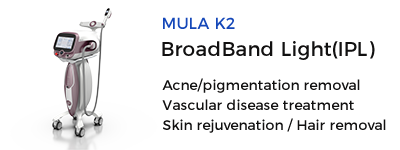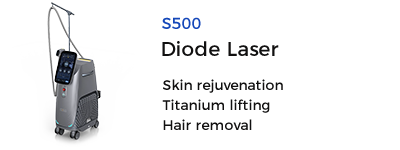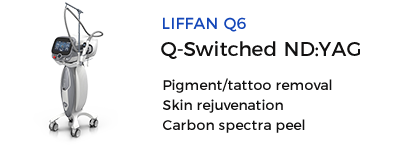The Influence of Media on Acne Perceptions
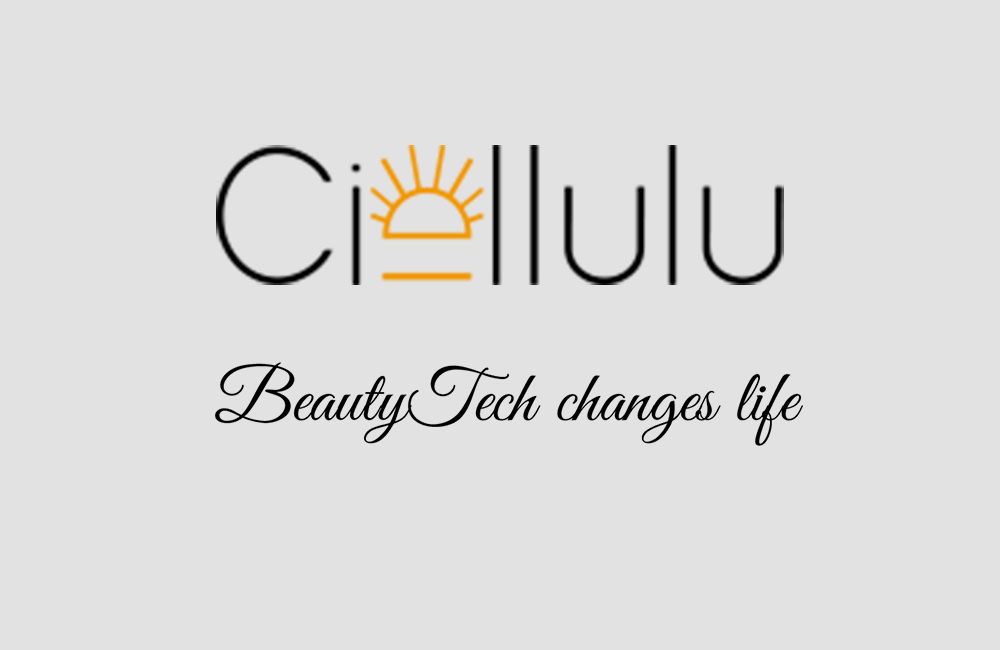
The Influence of Media on Acne Perceptions
The Influence of Media on Acne Perceptions: A Double-Edged Sword
In the age of social media and digital influence, the perception of beauty has undergone various transformations. Among all the beauty concerns, acne continues to dominate conversations, shaping the way individuals perceive themselves and others. Media plays a significant role in this context, influencing how acne is viewed, treated, and even stigmatized. This article delves into the complex relationship between media and acne perceptions, while touching on key elements such as skin whitening treatments, IPL laser technology, and the commercialization of the beauty industry.
The Power of Media in Shaping Acne Perceptions
Media, in its myriad forms, holds immense power in shaping public opinion. From glossy magazine covers to Instagram influencers, the portrayal of flawless skin has been a constant. This relentless emphasis on perfect skin has inadvertently cast a shadow over common skin conditions like acne, making them seem undesirable and something to be immediately corrected.
Skin Whitening Treatments: A Dangerous Trend?
One less discussed but equally concerning influence of media is the promotion of skin whitening treatments. An offshoot of the desire for flawless skin, these treatments often promise to rid individuals of blemishes and uneven skin tone, presenting them as quick-fixes to acne scars and pigmentation. However, they also promote a dangerous and often unrealistic standard of beauty that values lighter skin over darker tones. This message, perpetuated by media, can lead individuals to pursue potentially harmful treatments in the pursuit of unattainable perfection.
The IPL Laser Phenomenon
Within the realm of acne treatment, Intense Pulsed Light (IPL) therapy has gained significant attention. Popularized by success stories in media features and glowing IPL laser before and after images shared by influencers, IPL therapy is touted as a revolutionary solution for a host of skin issues, including acne.
Understanding IPL Technology
IPL laser, often confused with traditional laser treatments, utilizes broad-spectrum light to target various skin concerns. It penetrates the epidermis to reduce pigmentation, erase broken capillaries, and promote collagen production. The promise of IPL therapy lies in its non-invasive nature and minimal downtime, making it a media favorite.
However, the portrayal of IPL laser treatments in media has often been oversimplified. Glowing testimonials and dramatic before-and-after photos can sometimes obscure the reality that results can vary significantly based on individual skin types and conditions.
The Commercialization of IPL Machines
With the increasing visibility of IPL treatments, there's been a surge in the market for IPL machines. The phrase "IPL machine for sale" has become ubiquitous across online platforms, catering to both professional dermatologists and home-based users. While this commercialization has made IPL more accessible, it also raises questions about the safety and efficacy of widespread use.
Not all IPL machines are created equal. Professional-grade machines used in clinics are typically more powerful and effective than those intended for home use. Yet, the media often glosses over these distinctions, selling a dream of easy solutions without adequately addressing the complexities involved.
Navigating Media Influence
To navigate the pervasive influence of media on acne perceptions, it’s crucial to approach it with a discerning eye. Here are a few strategies:
-
Seek Evidence-Based Information: Not every beauty trend or treatment promoted by media is backed by science. It’s essential to consult healthcare professionals before considering any treatment, whether it's skin whitening or IPL laser therapy.
-
Acknowledge the Reality of Acne: Acne is a common condition experienced by people of all ages. The portrayal of flawless skin in media is often achieved through filters and photo-editing tools. Accepting this fact can reduce the undue pressure to conform to unrealistic beauty standards.
-
Educate on Safe Practices: If considering treatments like IPL laser, ensure that the IPL machine used is of high quality and administered by trained professionals. Understanding the differences in machine capabilities and safety protocols is key.
-
Promote Diverse Representations: Advocating for diverse representations of beauty, including the visibility of acne and other skin conditions, can help shift societal perceptions. Celebrating real, unfiltered beauty fosters a more inclusive and accepting environment.
In conclusion, the influence of media on acne perceptions is undeniable. While it has the power to inform and educate, it also holds the potential to perpetuate harmful beauty standards. By approaching media-driven beauty trends like skin whitening treatments and IPL laser therapy with critical awareness, individuals can make informed decisions that prioritize their health and well-being over societal pressures.

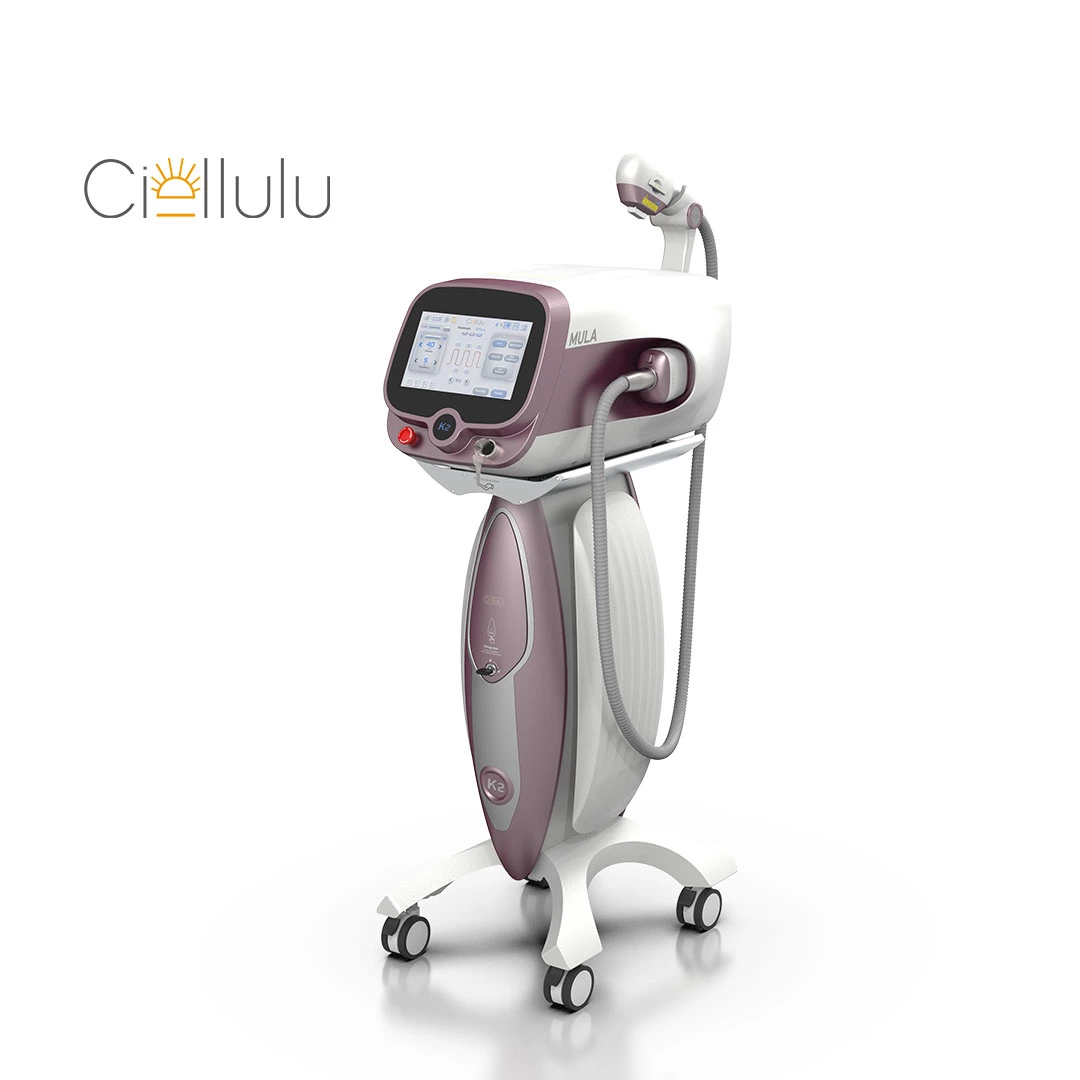
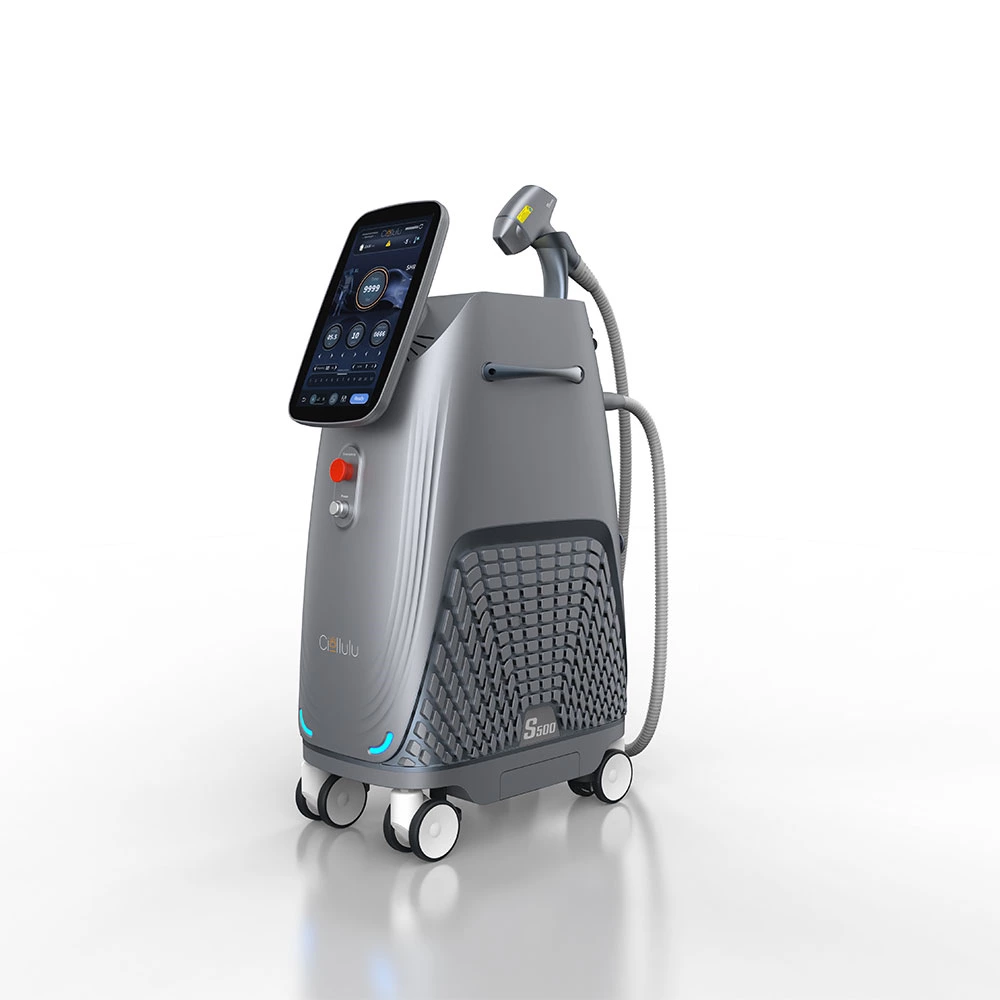
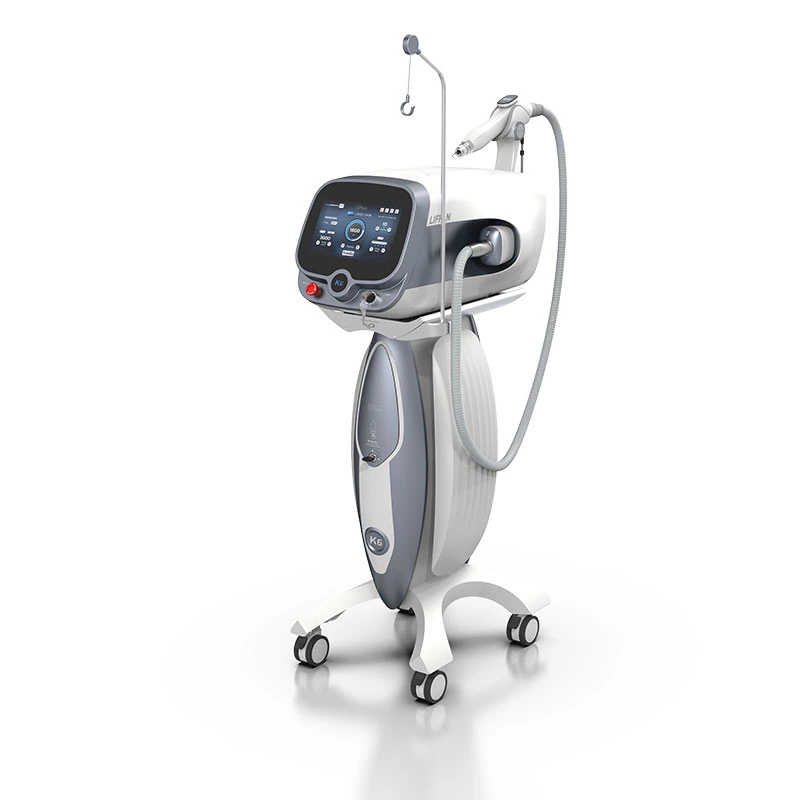
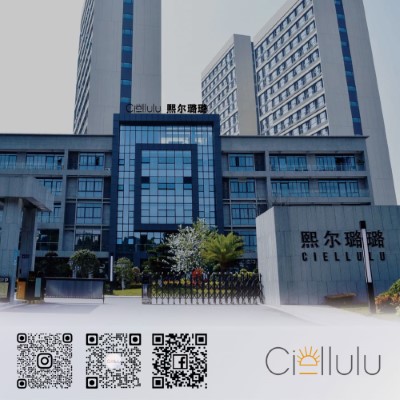 Ciellulu Laser - Facial Machine Supplier
Ciellulu Laser - Facial Machine Supplier